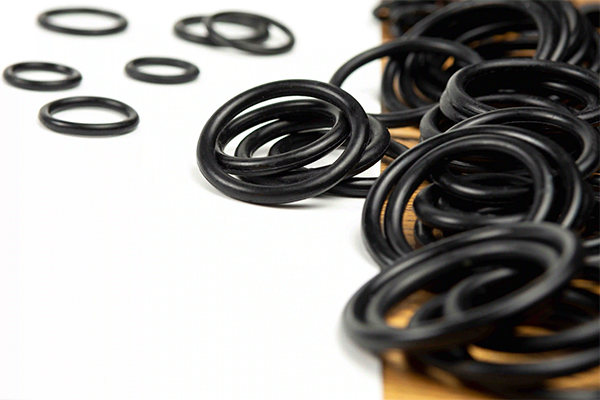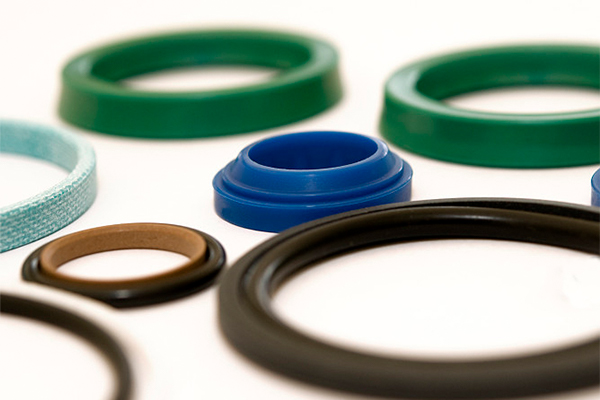
Ningbo Yokey Precision Technology will keep its automated lines running 24/7 throughout China’s National Day & Mid-Autumn “Golden Week” (1-8 Oct) while staff rest—so global customers’ seals and precision parts stay on schedule.
2809-2025Selecting the right O-ring for an automotive camera is a quiet but critical step: material (NBR, VMQ or FKM), millimetre-precise dimensions and validated IP6K9K / IATF 16949 compliance determine whether the lens stays clean and dry from showroom to scrapyard.
2509-2025From oil-field couplings to whisper-quiet hospital pumps, tomorrow’s seals are being cast today from a single polymer that outruns rubber, out-flexes plastic and shrugs off heat, fuel and fatigue. Step inside to see how polyurethane is re-writing the rules of leak-proof design.
2209-2025Lately, Ningbo-based Yokey Precision Technology, a manufacturer in high-performance rubber seals, organized a two-day team-building journey to Anhui Province, blending natural wonders with cultural immersion. Employees explored the UNESCO World Heritage sites of Huangshan Mountain, renowned for its iconic pine trees and sea of clouds, and Hongcun Village, a centuries-old ancient village celebrated for its harmonious integration of architecture and nature. This initiative reflects Yokey’s commitment to fostering employee well-being and teamwork, emphasizing that a motivated, cohesive team is essential to delivering precision and reliability to global clients. The trip combined physical challenge, cultural appreciation, and collaborative bonding, reinforcing the company’s people-centric philosophy.
1209-2025In the era of heightened health and safety awareness, KTW certification stands out as a crucial benchmark for ensuring the safety of rubber seals in drinking water systems. This German certification, led by the Federal Environment Agency (UBA), rigorously tests materials to prevent harmful substance release and microbial growth. Despite its origin in Germany, KTW's influence extends globally, serving as a gateway to the European market and a key indicator of product safety and quality. This article explores the significance of KTW certification, the rigorous testing process, and its global impact, providing guidance on how to verify and select certified products.
0109-2025When choosing a water purifier, the “NSF Certified” mark is a gold standard for reliability. But does an NSF-certified purifier guarantee absolute safety? What does “NSF grade” actually mean? Have you considered the science behind this seal and its crucial connection to a seemingly small yet vital component inside your purifier—the rubber seal? This article delves into NSF’s dual roles, answers key questions, and reveals how core components work together to safeguard your water.
2908-2025






